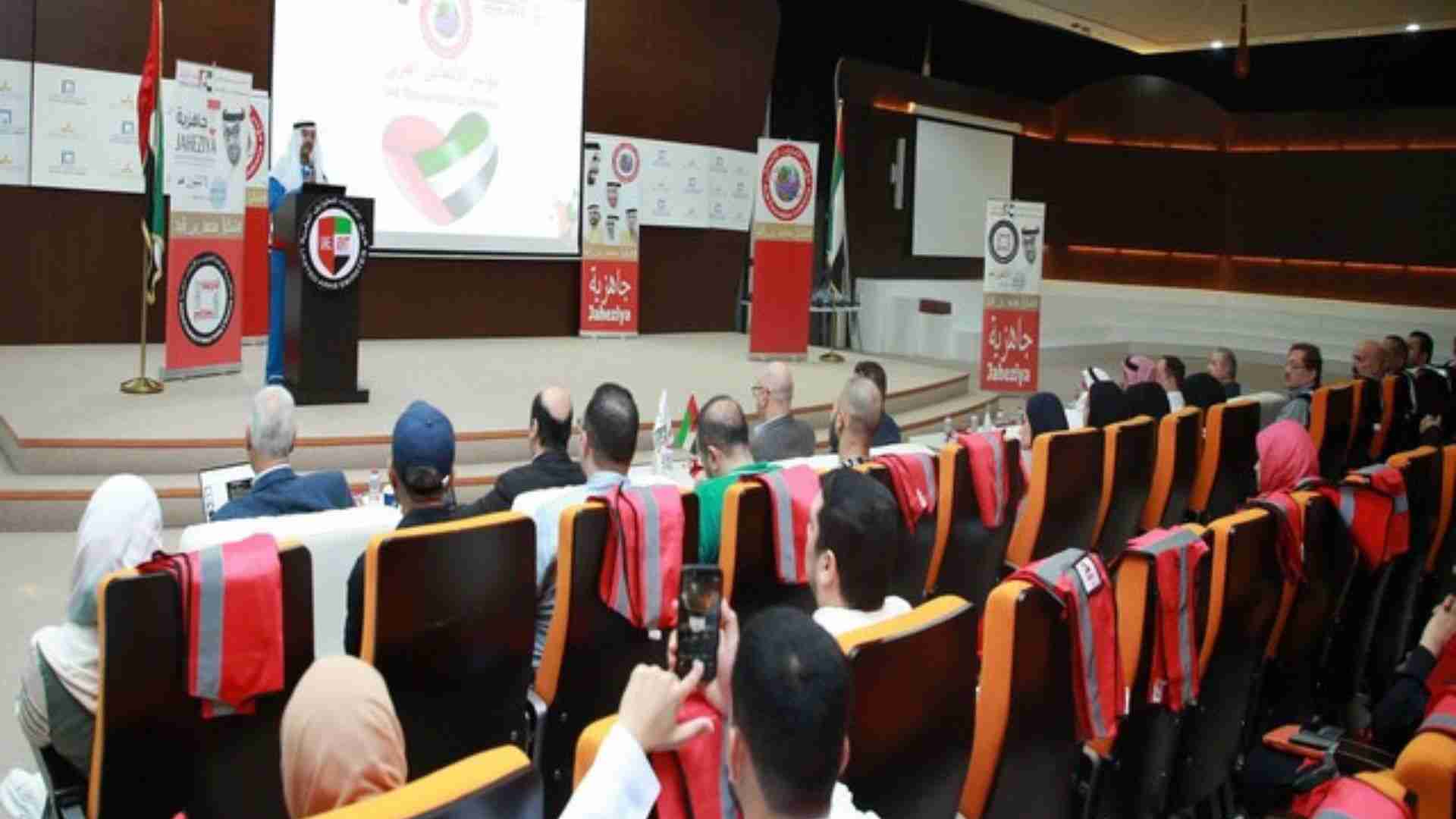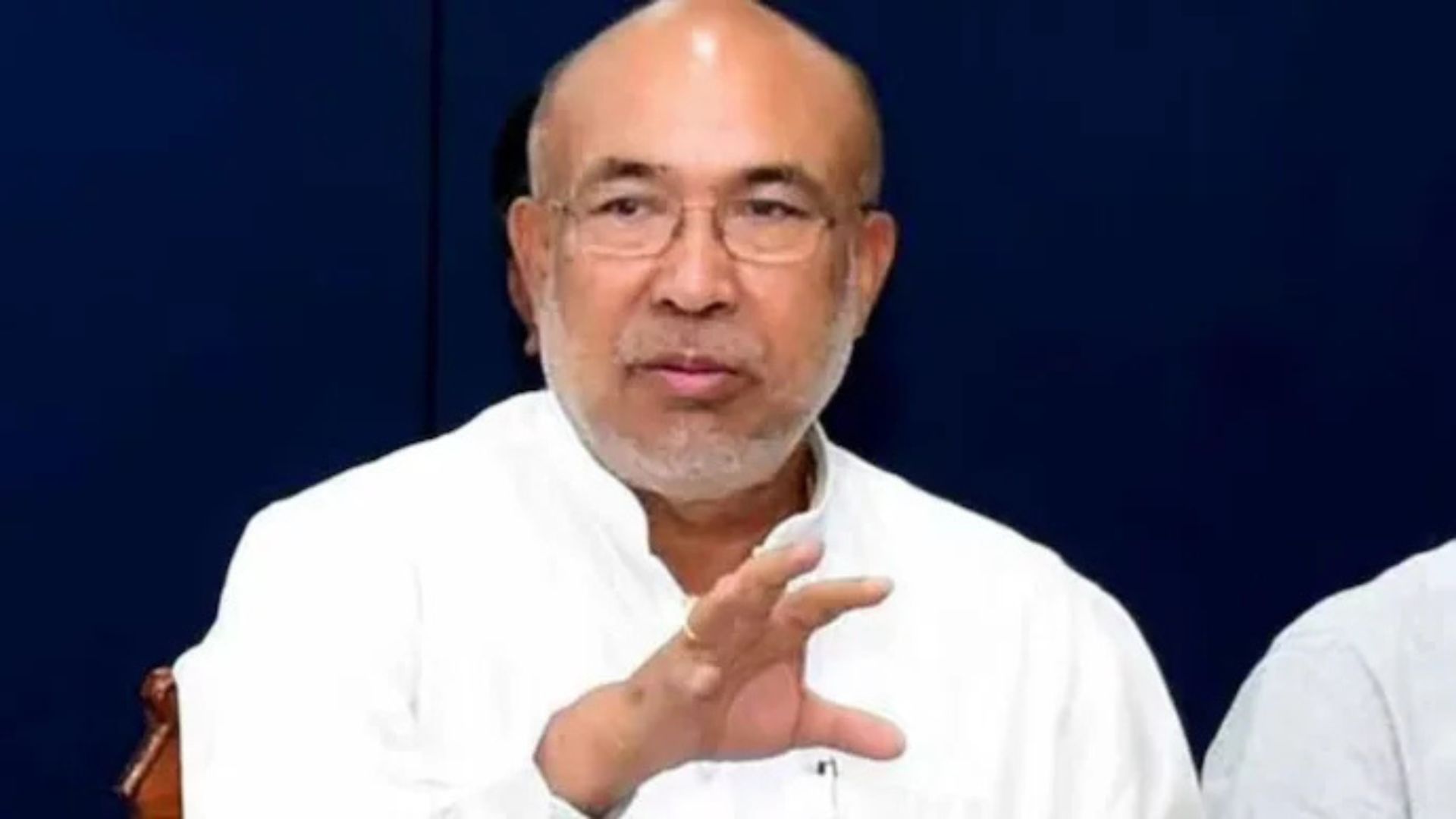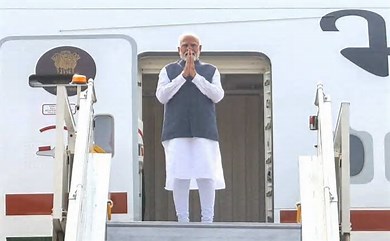
IIT Madras students get the highest offer of $250,000. IIT Kharagpur gets 2 students placed at Rs. 2 crores while 21 offers are of Rs. 1 crore. IIT Kanpur receives 21 offers above Rs. 1 crore. Attractive as they are, the media gets abuzz with such headline placements as placement season peaks.
Headline placements are often deceptively simplified. Analysed with reference to the total number of graduates, the big boast offers often reveal a disappointing picture. A disproportionate media glare creates a public perception as if most, if not all, graduates are able to appropriate such coveted placements.
Headlines hardly highlight that the back ticket offers are limited to very few graduates and are largely confined to the international placement and that too mostly in the IT sector.
General readers and ordinary parents rarely know the distinction between the take-home salary and the cost to the company (CTC). They least realise that the cited figures are the rupee equivalent at the prevailing exchange rates without discounting for the cost of living.
Those who get such placements soon know very well that their take-home salary would only be a fraction of the announced package, which comprises the base salary, sign-on bonus, relocation allowance, restricted stock units (RSUs), and employee stock option plans (ESOPs).
RSUs alone could constitute at least 30 per cent of the package and are typically vested over 4 years. Critically, they are also not paid equally over these years. Generally, they get no more than 5 and 15 per cent in the first and the second year. This could essentially mean that a crore plus package with a 30 per cent RSU component would, in the first year, get only 1.5 lakh instead of Rs. 30 Lakh as implied.
So is the case with the sign-on bonus which makes for another significant component of the package. Given to new employees in appreciation of their decision to join the company, it should ideally be paid upfront in the first month itself. Instead, it is usually disbursed over about 24 months.
A common man hardly realises that only scant numbers of graduates get global placements. All IITs, NITs, IIITs and a few other universities taken together can boast of a maximum of 100 such placements annually.
Considering the fact that close to 30,000 students graduate from these institutions each year, the proportion of students bagging the headline placements would work out to be no more than 0.3 per cent.
Unaware of the reality, every other parent starts nurturing the ambition that their children ensnare that one crore plus placement. As a result, they unknowingly put their children under immense pressure to dream big and chase them to the hilt. To them, anything less than the best is worth nothing.
This triggers a mindless rat race. Their wards must get a seat in the institutions that attract a crore plus kind of offer. Given the fact that nearly 11 lakh students take JEE Main to vie for about 30,000 seats, the odds to make the cut-off is no more than 2.73 per cent. Should one insist on a place in computer science and engineering, the chances would be a minuscule fraction of that.
The AICTE-approved Engineering colleges, on the other hand, are able to fill less than half of their sanctioned intake, which in 2020-21 was 23.6 Lakh. Consequently, close to 12 Lakh seats have no competition as there are no takers for them.
It is natural that students chase institutions that offer quality technical education at an affordable cost. What causes aberration is the belief that quality means one that arranges super dream placement.
Commerce capitalises on this vulnerability. Coaching for admission tests commences from ninth standards, if not earlier. Children are often forced to take a year or two off after the twelfth standard to devote full time to coaching to get to the top Institutes.
In the process, they are robbed of their childhood and are hardly allowed to pursue their passion. They must become either a doctor or an engineer and why? To make big bucks as soon as they graduate.
This often leads to consequences like depression and suicidal tendencies. They all emanate on account of severe anxieties about not being able to live up to the expectations of their parents and society.
The situation begets a critical question as to how well such flashy, misleading, teasing and tantalising headline stories serve society. Sadly, the institutions themselves have not come forward to counter the stories of headline placements that essentially debase their loftier objectives and grand purposes.
Should technical education have so much materialistic orientation? Shouldn’t higher education be driven by the pursuit of knowledge and skills for national development, if not for serving humanity as a whole?
Should campuses be reduced to placement agencies? Placements are the collateral to the primary purpose of imparting knowledge and equipping their students with skills. Campuses must focus on laying the foundations for building the longstanding careers of their students. Campus placements could only be a small part of this process.
Industry and employers do indeed need graduates who are equipped with knowledge, skills, and hand on experience to save them the cost and trouble of further training to make them industry ready.
In the larger economic context, higher educational institutions must equip their graduates broadly with the ability to self-learn as technology changes in order to minimise knowledge and skill redundancies.
Simultaneously, society expects that they produce graduates with ethics and human values. It appreciates graduates with good citizenship values. It should put a premium on nurturing decent human beings with compassion and service to society being at the core of their mindset.
The technical higher education curricula mandate ingraining human values and ethics amongst their students. The institutions must now walk the talk. They must ensure that young impressionistic minds are made to aspire to the pursuit of professional higher education to carry the nation forward. But will this work when the institutions imparting professional and technical higher education themselves are compelled to materialistic pursuits?
Furqan Qamar is a Professor at the Faculty of Management Studies in Jamia Millia Islamia and former Adviser for Education in the Planning Commission.
Ayalur K. Bakthavatsalam is a chemical engineer and is HAG Professor at NIT Trichy.















